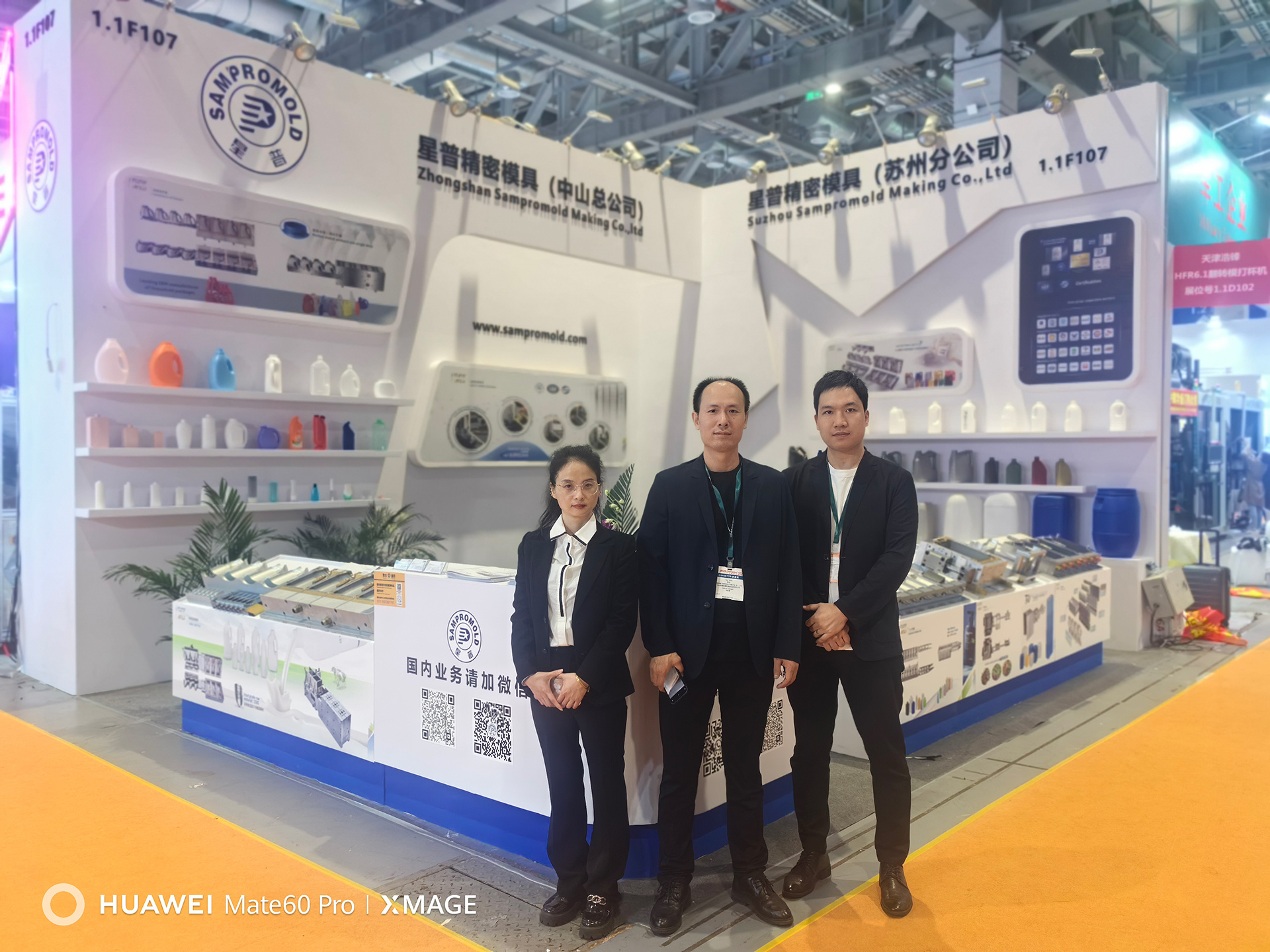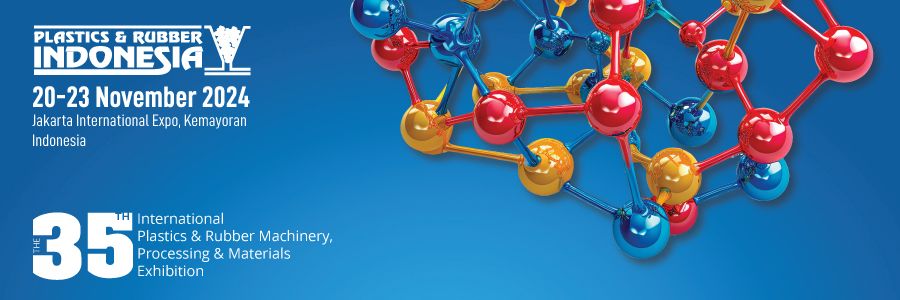The Essential Guide to Quality Polyurethane Injection Molds in Manufacturing
Time:
2025-07-15
Polyurethane injection molding is a manufacturing technique that utilizes polyurethane, a versatile polymer, to create a wide range of products. Quality polyurethane injection molds are essential in this process, as they directly impact the durability, precision, and overall effectiveness of the molded items. Here, we delve into the significance of these molds and the factors that contribute to their quality.
Firstly, one of the primary advantages of using polyurethane in injection molding is its remarkable adaptability. Polyurethane can be formulated to produce varying hardness levels, making it suitable for diverse applications—from soft and flexible parts to rigid components. This adaptability allows manufacturers to tailor their products to meet specific performance requirements, which is a significant factor in industries such as automotive, healthcare, and consumer goods.
The quality of polyurethane injection molds is influenced by several factors. The first is the mold design, which should account for the flow characteristics of polyurethane. A well-designed mold will facilitate even distribution of the material, ensuring that every part is filled consistently. This consistency is crucial, as it reduces the likelihood of defects and enhances the overall quality of the final product.
Another vital aspect is the material used for the mold itself. High-quality steel or aluminum is often preferred for creating durable and long-lasting molds. These materials withstand the high pressures and temperatures associated with the injection molding process, contributing to the mold's longevity and reliability. Furthermore, the surface finish of the mold can affect the aesthetic qualities of the end product, making it important to consider texture and polish during the manufacturing process.
Temperature control is another critical element in maintaining the quality of polyurethane injection molds. Precise temperature regulation ensures that the polyurethane cures properly, resulting in stronger and more resilient products. This is particularly important in applications that require high performance under extreme conditions, such as automotive parts exposed to heat and stress.
In addition to technical considerations, manufacturers should also focus on quality assurance throughout the production process. Implementing rigorous testing and inspection protocols can help identify potential issues early, leading to fewer defects and reduced waste. This commitment to quality not only enhances customer satisfaction but can also improve overall operational efficiency.
In conclusion, quality polyurethane injection molds play a vital role in the manufacturing of a wide array of products. By focusing on optimal design, material selection, temperature control, and quality assurance, manufacturers can harness the full potential of polyurethane injection molding, resulting in superior products that meet the demands of various industries. Understanding these elements will empower businesses to make informed decisions and elevate their manufacturing processes.
Firstly, one of the primary advantages of using polyurethane in injection molding is its remarkable adaptability. Polyurethane can be formulated to produce varying hardness levels, making it suitable for diverse applications—from soft and flexible parts to rigid components. This adaptability allows manufacturers to tailor their products to meet specific performance requirements, which is a significant factor in industries such as automotive, healthcare, and consumer goods.
The quality of polyurethane injection molds is influenced by several factors. The first is the mold design, which should account for the flow characteristics of polyurethane. A well-designed mold will facilitate even distribution of the material, ensuring that every part is filled consistently. This consistency is crucial, as it reduces the likelihood of defects and enhances the overall quality of the final product.
Another vital aspect is the material used for the mold itself. High-quality steel or aluminum is often preferred for creating durable and long-lasting molds. These materials withstand the high pressures and temperatures associated with the injection molding process, contributing to the mold's longevity and reliability. Furthermore, the surface finish of the mold can affect the aesthetic qualities of the end product, making it important to consider texture and polish during the manufacturing process.
Temperature control is another critical element in maintaining the quality of polyurethane injection molds. Precise temperature regulation ensures that the polyurethane cures properly, resulting in stronger and more resilient products. This is particularly important in applications that require high performance under extreme conditions, such as automotive parts exposed to heat and stress.
In addition to technical considerations, manufacturers should also focus on quality assurance throughout the production process. Implementing rigorous testing and inspection protocols can help identify potential issues early, leading to fewer defects and reduced waste. This commitment to quality not only enhances customer satisfaction but can also improve overall operational efficiency.
In conclusion, quality polyurethane injection molds play a vital role in the manufacturing of a wide array of products. By focusing on optimal design, material selection, temperature control, and quality assurance, manufacturers can harness the full potential of polyurethane injection molding, resulting in superior products that meet the demands of various industries. Understanding these elements will empower businesses to make informed decisions and elevate their manufacturing processes.
RELATED NEWS












